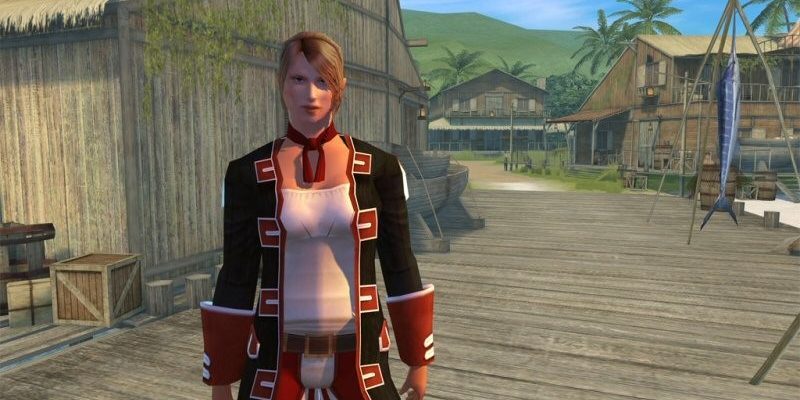Content Table:
Gender Bending in MMORPGs
Massively Multiplayer Online Role-Playing Games (MMORPGs) like Maple Story and RF Online invite players into fantasy worlds populated by Orcs, Elves, Dwarves, and other exotic races. These games also give players the option to choose the gender of their avatars. While playing as non-human races is generally accepted, the act of playing as the opposite gender—often referred to as gender bending—has always sparked debate.
The Gender Ratio in MMORPGs
Current surveys indicate that approximately 85% of MMORPG players are male, and that men are up to five times more likely to engage in gender bending than women. This statistic suggests that, on average, at least half of all female avatars in virtual worlds are controlled by male players. But why do so many men choose to play female characters?
Reasons Behind Gender Bending
There are several practical reasons that may explain a man’s preference for playing a female character online. For instance, it has been observed that other players tend to be more generous with items and in-game guidance when interacting with female avatars. This social dynamic means that females who choose to play male characters miss out on these gender-specific advantages, likely contributing to the lower incidence of women gender bending in MMORPGs.
Additionally, many male players prefer to spend their gaming hours visually engaging with a slim female avatar rather than a bulky male one. However, these utilitarian reasons may not fully account for the phenomenon of gender bending. Some suggest there could be deeper psychological motivations behind a man’s desire to virtually dress as a woman.
In online communities, a man who plays a female character may quickly be labeled as homosexual. On the flip side, feminist organizations argue that gender bending reflects female oppression in virtual environments. In many MMORPGs, female characters are often depicted in scantily clad outfits and with exaggerated physical features, which critics label as sexism. The feminist argument suggests that men’s desire to control these “polished pleasure bots” is inherently problematic.
Interestingly, while a small minority of men use female characters to engage with other men online, ultimate responsibility lies with individuals to defend themselves against unwanted advances. This has led to broader discussions about the implications of gender bending and the dynamics of online interactions.
Regulations and Responses
The debate has escalated to the point where game publishers and even governments have felt the need to intervene. A notable example comes from China, where Shanda Entertainment, a major developer of virtual worlds, implemented a rule requiring anyone wishing to create a female avatar to first prove their gender via webcam. Women wishing to play male characters, however, were exempt from this requirement.
This policy led to concerns among players who faced character deletion if their female avatars did not have a “female face” to validate their gender. Unsurprisingly, some players resorted to wigs and makeup to deceive the developers into allowing them to keep their avatars. Shanda’s controversial approach may have inadvertently created a scenario where the number of male players choosing to play female avatars diminishes, while also encouraging more women to gender bend by forcing them to prove their identity.
The Future of Gender Representation in Gaming
The situation raises intriguing questions about the future of gender representation in MMORPGs. Could we see virtual worlds where half the male avatars are actually female players? The implications of these policies extend beyond individual gaming experiences and delve into the broader discourse on gender identity and expression in digital spaces.
As the landscape of online gaming continues to evolve, it is crucial to engage in thoughtful discussions about the roles and representations of gender in virtual worlds. Gender bending in MMORPGs is more than just a trend; it reflects the complex interplay of social dynamics, identity, and personal choice within gaming communities.
Conclusion
Ultimately, the phenomenon of gender bending in MMORPGs illustrates the diverse motivations behind player choices. As technology and social norms continue to shift, understanding these dynamics can enrich our gaming experiences and foster a more inclusive gaming community. Let us celebrate the complexity of identity within these fantastical realms while also recognizing the need for respectful and equitable interactions among players.
Game on!



